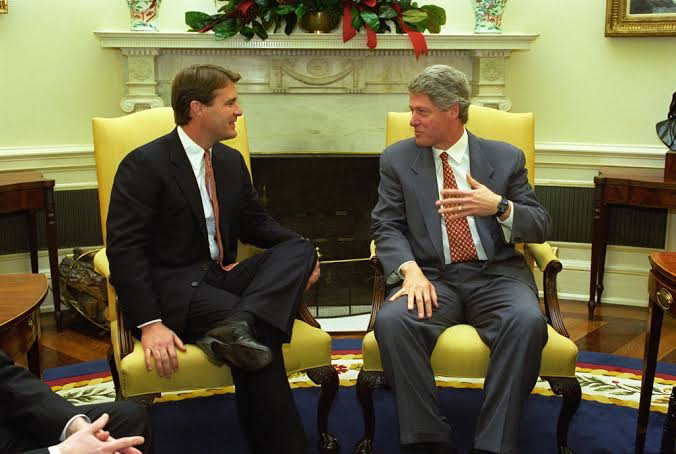William J. Burns is a highly respected American diplomat, with a career spanning over three decades. He is known for his exceptional diplomatic skills and his ability to build relationships across borders. In this blog, we will take a closer look at his life and career, and the impact he has had on American foreign policy.
Early Life and Education
William J. Burns was born on April 11, 1956, in Fort Bragg, North Carolina. He grew up in a military family and spent much of his childhood moving around the country. He attended LaSalle University in Philadelphia, where he earned a Bachelor's degree in Political Science in 1978. He later went on to earn a Master's degree and a Ph.D. in International Relations from Oxford University.
Career in Diplomacy
After completing his studies, William J. Burns joined the United States Foreign Service in 1982. He quickly rose through the ranks, serving in a variety of roles in the State Department and abroad. He was appointed as the U.S. Ambassador to Jordan in 1998, where he helped to negotiate a peace treaty between Jordan and Israel. In 2001, he was appointed as the Assistant Secretary of State for Near Eastern Affairs, where he oversaw U.S. policy in the Middle East.
In 2005, William J. Burns was appointed as the U.S. Ambassador to Russia. He served in this role until 2008, during a time of increasing tension between the United States and Russia. He was praised for his diplomatic skills and his ability to build relationships with Russian officials. In 2008, he was appointed as the Under Secretary of State for Political Affairs, the third-highest ranking position in the State Department.
In 2011, William J. Burns was appointed as the Deputy Secretary of State, the second-highest ranking position in the State Department. He served in this role until his retirement in 2014. During his tenure, he played a key role in the negotiations that led to the Iran nuclear deal.
After retiring from the State Department, William J. Burns became the President of the Carnegie Endowment for International Peace, a think tank focused on international affairs. He has continued to play an active role in public life, serving on various boards and committees.
Impact on American Foreign Policy
William J. Burns has had a significant impact on American foreign policy over the course of his career. He is known for his diplomatic skills and his ability to build relationships with foreign leaders. He played a key role in negotiations with Iran that led to the historic nuclear deal, which was seen as a major achievement of the Obama administration.
Throughout his career, William J. Burns has advocated for a more collaborative and multilateral approach to foreign policy. He has emphasized the importance of building relationships with allies and working together to address global challenges.
Conclusion
William J. Burns is a highly respected American diplomat, with a career spanning over three decades. He has played a key role in shaping American foreign policy, and his diplomatic skills and expertise are widely recognized. He has been praised for his ability to build relationships across borders and for his commitment to a more collaborative and multilateral approach to foreign policy.




Comments
Post a Comment